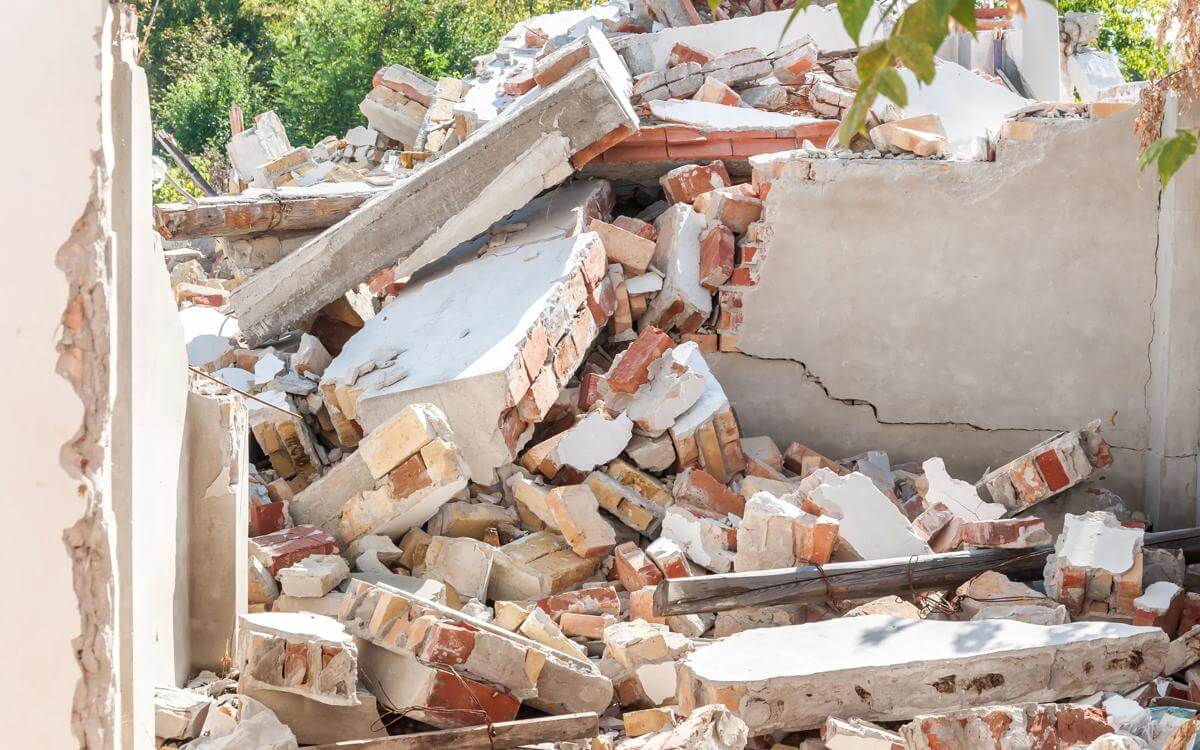This article was first published by Law360.
In September, a landmark deal was reached between AerCap Holdings NV, the world's largest aviation lessor, and NSK, the Russian state-controlled insurance company.
This agreement could pave the way for future settlements of current litigation over aircraft leased to Russian entities, and now stranded in Russia.
Background
On June 10, 2022, AerCap Ireland Ltd. brought proceedings in the Commercial Court of the High Court of Justice of England and Wales against AIG Europe SA and various other insurers. This was the first of a number of insurance claims commenced to recover losses associated with aircraft leased to Russian companies.
AerCap's claim was for $3.5 billion, covering more than 140 aircraft and 29 aircraft engines owned by AerCap.
Following Russia's invasion of Ukraine in February 2022, the European Union and the UK imposed sanctions that prohibited AerCap and other aviation lessors from leasing aircraft and aircraft parts to Russian airlines, as of March 28, 2022. Prior to this date, notices were issued by the lessors, including AerCap, terminating the leases and requesting the aircraft be returned to them.
Those requests were mostly declined by the Russian lessees, with many of the aircraft remaining under the lessees' control. Where the aircraft were not returned, their certificates of airworthiness were revoked by the relevant aviation authorities.
AerCap's claim follows the decision by the Russian state to issue a legislative decree permitting Russian authorities to grant their own airworthiness certificates. This resulted in many of the aircraft being reregistered in Russia, where they remain in use.
The lessors have sought to recover their losses from insurers, who declined the claims. This has resulted in numerous proceedings being issued in the Commercial Court in London against various insurance companies and Lloyd's syndicates.
On March 13 of this year, the Commercial Court ordered that AerCap's claim be heard at a joint trial with four other similar claims being brought against multiple insurers for the alleged loss of aircraft. This "mega-trial" is currently set to be heard in the High Court in October 2024.
If successful, the claims, which already total around $10 billion, could have significant ramifications for the insurance and reinsurance industry - with the aviation sector alone potentially facing the biggest loss in its history.
Although Lloyd's has set reserves of £1.4 billion, or $1.75 billion, to pay for claims related to
the Ukraine conflict - increased from a previous sum of £1.2 billion, or $1.5 billion - those reserves would be woefully insufficient if all cases that have been brought to date are successful.
Insurers are already finding it challenging to assess potential losses and determine appropriate insurance prices. With new claims being brought, and the likelihood that the recovery process will be prolonged, this uncertainty will persist.
This could result in insurers being unable to issue new policies in the future, and an increase in costs, which could further stiffen an already hardened market.
Issues to be decided by the Commercial Court
While the issues between the claims vary, the primary issue to be decided is whether there is cover under the "war risks" or "all risks" sections of the policy or policies.
All risks
The all risks section provides cover for physical loss or damage, however sustained, during the period of insurance, but subject to a war, hijacking and other perils exclusion clause.
Cover under the all risks section of the policy or policies is available for loss or damage suffered in the course of repossession - known as "possessed cover" - or when leased to others by the claimants - known as "contingent cover."
However, the war, hijacking and other perils exclusion clause applies to, but is not limited to, war, terrorism, strikes, pilot suicide and malicious acts. It applies to physical damage coverage and third-party liability coverage, but does not apply to passenger liability.
War risks
The war risks section covers - on both possessed and contingent bases - loss or damage to the aircraft against claims excluded from the all risks section as caused by the following war risk perils:
(c) Any act of one or more persons, whether or not agents of a sovereign power, for political or terrorist purposes and whether the loss or damage resulting therefrom is accidental or intentional. ...
(e) Confiscation, nationalization, seizure, restraint, detention, appropriation, requisition for title or use by or under the order of any government (whether civil, military or de facto) or public or local authority.
The claimants' position
The claimants allege that they have sustained physical loss of the aircraft by deprivation of physical possession. They claim that as recovery of the aircraft from the lessees in Russia is uncertain and unlikely, these circumstances amount to irretrievable deprivation. They rely on, among other things, the following facts:
- The lessee's failure to return the aircraft when requested;
- The lessee's continued use of the aircraft contrary to the revocation of the certificates of airworthiness;
- The purported reregistration of the aircraft in Russia; and
- The inability to carry out approved maintenance work and the lack of spare parts available in Russia.
Insurers' position
The insurers argue that there is no coverage where the aircraft has at all times remained in the lessee's possession and has not become lost or damaged.
They claim that there is only constructive total loss where the damage is of more than 75% of the aircraft's value, and does not apply to deprivation of possession.
The insurers also contend that the proximate cause of loss is the lessee's decision to retain possession of the aircraft, and the claimants therefore must prove whether they have taken all reasonable steps to recover the aircraft, and whether they can still be recovered. The insurers also deny coverage as a result of sanctions.
In addition to the above arguments, the Commercial Court is also being asked to consider the claimants' insurable interest in the aircraft; the geographical scope of the policies; the applicability of the war, hijacking and other perils exclusion clause under the all risks section; whether the claimants should be indemnified under the principal insurance; and the impact of Russia's reregistration of the aircraft.
AerCap settlement
In September, AerCap reached a landmark deal with Russian state-controlled insurance company NSK that could serve as a potential template for future settlements, as well as substantially reduce the insurance industry's overall losses arising out of the conflict.
The deal, thought to be worth $645 million, concerned a number of AerCap's aircraft that had been leased to the Russian flag carrier, Aeroflot PJSC. It has been reported that the deal was approved by both the Russian and U.S. authorities, and is consistent with other applicable sanction regimes, thereby overcoming what were considered to be some of the most significant hurdles to reaching a settlement.
It has been reported that AerCap's loss was reduced to around 25% of their claim. This was because the Russian entities paid around two-thirds of the value of the aircraft to AerCap, which then retained its 10% maintenance reserves.
As a result, AerCap is now expected to attempt to reach a commercial settlement with their insurers in relation to the remaining sums at stake. The case of AerCap v PJSC Insurance Company Universalna & Others, brought on Sept. 8 in the Commercial Court, may be the start of this next raft of litigation.
AerCap is the world's largest aviation lessor, and was responsible for the highest combined total losses arising out of these proceedings. Settling their claim could prove pivotal in reducing the overall insurance industry loss.
While the issues vary slightly between the different proceedings, it is hoped that the AerCap settlement could serve as a model and framework to resolve similar claims against other Russian airlines and operators - especially as it has been shown that it is possible to reach an agreement that is acceptable to the authorities on both sides of the dispute.
We have already seen that SMBC Aviation Capital Ltd., another of the world's largest aircraft leasing companies, reached a $710 million settlement with NSK for jets leased to Aeroflot. If similar agreements are reached concerning the other claims, the overall losses could be reduced from approximately $10 billion to approximately $2.5 billion.
However, unless and until similar settlements are reached in the remaining cases, the mega trial is scheduled to take place in October 2024, with a focus on the issues of contingent and possessed coverage under both the All Risks and War Risks sections of the policy or policies.
There seems to be a common desire to reach a commercial agreement. The Russian lessees want to keep hold of the aircraft, the lessors want to dispose of assets that have been unmaintained and unaccounted for over the past 12 months, and the insurance industry wants to see the losses reduced to a more manageable sum.
Furthermore, prolonged proceedings place litigants at the mercy of political developments. Russia's position in the ongoing conflict could result in the lessors' claims strengthening or weakening, depending on the likelihood that the aircraft will or will not be returned.
Notwithstanding, or perhaps because of, that, new claims continue to be brought in the Commercial Court - with at least four more having been commenced in the last week.
Given that this line of litigation shows no sign of slowing down, and that the political position in Russia remains uncertain, the insurance and reinsurance industry will be hoping that other claimants will look at the AerCap settlement as a possible blueprint for resolving what would otherwise be complex, lengthy and very expensive litigation.

Timeyin Pinnick
Trainee Solicitor
timeyin.pinnick@brownejacobson.com
+44 (0)330 045 1008








































